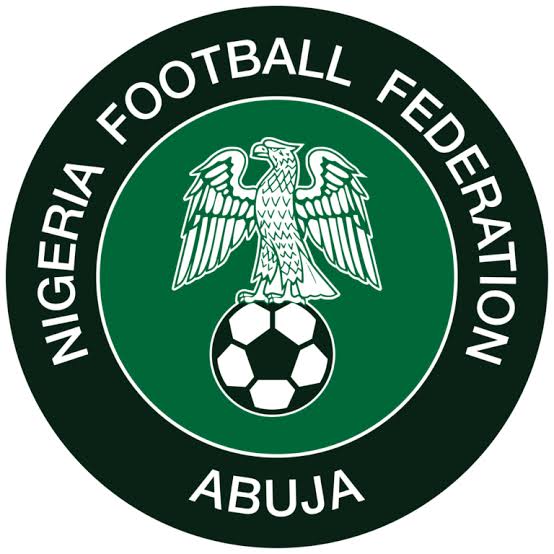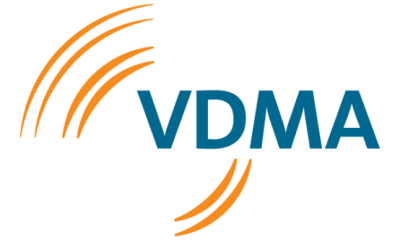International
See Top 10 “African Economies Grappling with Mounting IMF Debt

- Egypt’s $9.3 Billion IMF Loan Tops List of African Nations Struggling with Financial Stability”
- “Reliance on IMF Loans Raises Concerns Over Africa’s Economic Future”
- “Kenya, Angola, and Côte d’Ivoire Trail Egypt in Massive IMF Debt Obligations: A Growing Trend Across Africa”
African nations grappling with economic instability have increasingly turned to the International Monetary Fund (IMF) for financial aid.
Eko Hot Blog gathered that while these loans aim to stabilize economies, they often impose strict conditions that can impede long-term development.
EDITOR’S PICK
- Finally, Tiwa Savage Makes Starling Revelation About Divorce With Tee Billz
- Dr. Toyin Taiwo Becomes New Chief of Staff to Ogun State Governor
- How Osimhen Celebrated Christmas with Hometown Community in Olusosun, Lagos
The latest data, updated on December 23, 2024, highlights the African countries with the highest outstanding IMF credit, raising questions about the long-term implications for these economies.
Egypt tops the list with a staggering $9.3 billion, far surpassing other nations in debt obligations to the IMF.
Kenya follows with $3.02 billion, while Angola closely trails with $2.9 billion. Côte d’Ivoire has climbed to the fourth position with $2.75 billion, overtaking Ghana, which now ranks fifth with $2.51 billion.
Other countries on the list include the Democratic Republic of Congo (DRC) with $1.6 billion, Ethiopia with $1.31 billion, and South Africa with $1.14 billion.

Cameroon ranks ninth with $1.13 billion, and Morocco joins the top 10 with $1.1 billion, replacing Senegal, which has dropped off the list.
The reliance on IMF loans by these African nations has sparked concerns regarding the long-term consequences for their economies.
While these loans can provide short-term relief, the strict conditions imposed by the IMF may lead to adverse economic and social impacts, including reduced government spending, increased unemployment, and the prioritization of debt repayment over crucial infrastructure investments and social services.
High debt levels often force governments to redirect significant resources from development projects to debt repayment, limiting their ability to invest in critical areas such as infrastructure, education, and healthcare.
Additionally, the restrictive economic reforms tied to these loans, known as Structural Adjustment Programs (SAPs), have been criticized for exacerbating socioeconomic inequalities.
FURTHER READING
- BREAKING: Fire Outbreak at FIIRO Office in Oshodi, Lagos
- Ex-Queen Naomi’s Mother Appeals for Help Over Daughter’s Legal Woes
As African nations remain vulnerable to external shocks, such as fluctuations in commodity prices and global financial crises, the growing debt burden underscores the need for more sustainable financial solutions.
The IMF’s role in the region continues to be a subject of intense debate, with questions lingering over whether its assistance helps or hinders long-term economic stability.
See list below:
1. Egypt
2. Kenya
3. Angola
4. Cote d’Ivoire
5. Ghana
6. DRC
7. Ethiopia
8. South Africa
9. Cameroon
10. Morocco
Click here to watch video of the week
Advertise or Publish a Story on EkoHot Blog:
Kindly contact us at ekohotblog@gmail.com. Breaking stories should be sent to the above email and substantiated with pictorial evidence.
Citizen journalists will receive a token as data incentive.
Call or Whatsapp: 0803 561 7233, 0703 414 5611

















